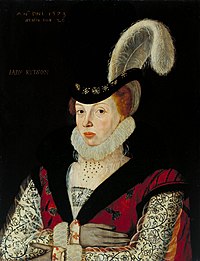Analysis of Lady, when I behold the roses sprouting
John Wilbye 1574 (Diss) – 1638 (Colchester)
Lady, when I behold the roses sprouting,
Which clad in damask mantles deck the arbours,
And then behold your lips, where sweet Love harbours,
My eyes present me with a double doubting.
For, viewing both alike, hardly my mind supposes
Whether the roses be your lips or your lips the roses.
| Scheme | ABBABB |
|---|---|
| Poetic Form | |
| Metre | 10110101010 1101010101 0101111111 11101101010 1101011011010 10010111111010 |
| Closest metre | Iambic hexameter |
| Characters | 296 |
| Words | 53 |
| Sentences | 3 |
| Stanzas | 1 |
| Stanza Lengths | 6 |
| Lines Amount | 6 |
| Letters per line (avg) | 38 |
| Words per line (avg) | 9 |
| Letters per stanza (avg) | 229 |
| Words per stanza (avg) | 51 |
Font size:
Submitted on May 13, 2011
Modified on March 05, 2023
- 15 sec read
- 61 Views
Citation
Use the citation below to add this poem analysis to your bibliography:
Style:MLAChicagoAPA
"Lady, when I behold the roses sprouting" Poetry.com. STANDS4 LLC, 2024. Web. 19 Apr. 2024. <https://www.poetry.com/poem-analysis/24213/lady%2C-when-i-behold-the-roses-sprouting>.


Discuss this John Wilbye poem analysis with the community:
Report Comment
We're doing our best to make sure our content is useful, accurate and safe.
If by any chance you spot an inappropriate comment while navigating through our website please use this form to let us know, and we'll take care of it shortly.
Attachment
You need to be logged in to favorite.
Log In